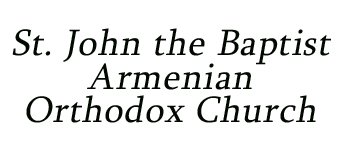A BRIEF HISTORY OF THE CHURCH IN ARMENIA
A biblical land, Armenia is cited in the Old Testament by the name “Kingdom of Urartu” (Ararat). In the foothills of its mountains, Noah would have cultivated vines and become inebriated drinking the wine he produced. Thanks to the Armenian translation of an apocryphal gospel, we know the names of the three Magi: Melchior, Caspar and Balthazar. Although according to tradition the apostles Bartholomew and Jude Thaddaeus were the evangelisers of Armenia, it is likely that it was instead the work of missionaries from Syria and Cappadocia. In any case, it was so successful that in 301, thanks to the apostolate of St. Gregory the Illuminator, Armenia became the first nation that embraced Christianity and proclaimed it a state religion, even before the Edict of Milan of 313,
